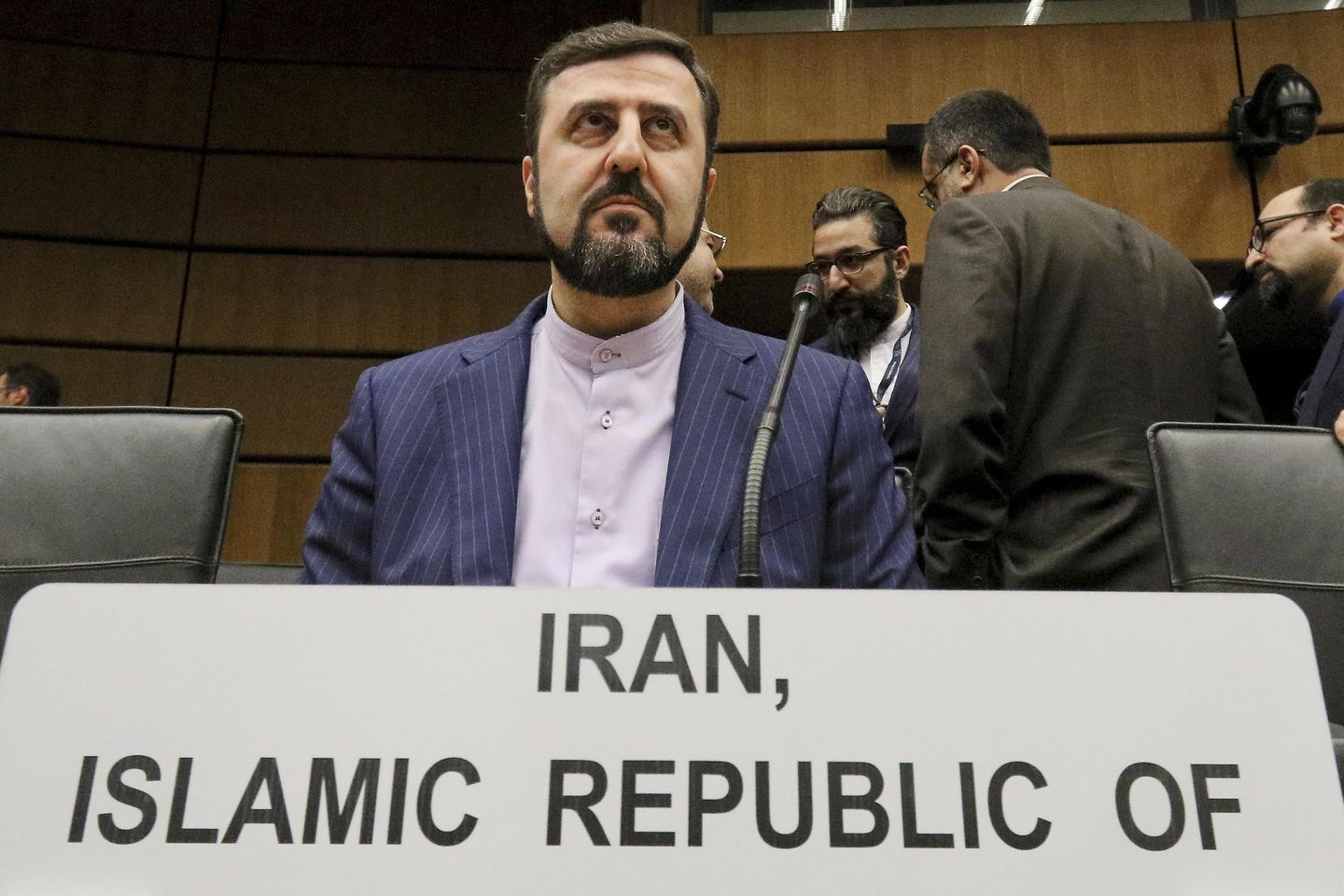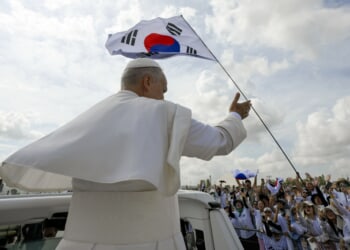
Iranian officials said Monday they have held negotiations with the International Atomic Energy Agency and plan to hold more talks in the coming days, signaling Tehran may seek to reengage in nuclear talks on the world stage.
Iranian Foreign Ministry spokesperson Esmaeil Baghaei told state-affiliated media this week that the negotiations are ongoing, but he did not disclose what was discussed during the last round of talks.
“We had talks [with the IAEA] last week. These talks will continue and there will be another round of talks between Iran and the agency, probably in the coming days,” Mr. Baghaei said. “The level of our relations has changed after the events that took place, we do not deny that. However, our relations remain direct.”
IAEA inspectors have not been able to inspect Iranian nuclear sites since the 12-day war between Iran and Israel in June.
Following the June ceasefire, Iran’s parliament passed a law suspending cooperation with the agency. Under the current law, which was signed into law by Iran’s president in July, IAEA inspections must be approved by Iran’s Supreme National Security Council.
Before the war, a May 31 report from the IAEA’s Board of Governors found that Iran was in breach of its nonproliferation duties. According to Tehran, the May report gave the U.S. and Israel justification for attacking Iranian nuclear facilities.
Following the report, Israel launched a series of targeted strikes on Iran’s uranium enrichment facilities, nuclear scientists and top military staff. The U.S. also dropped so-called bunker buster bombs on some of Iran’s heavily fortified enrichment facilities.
The two nations agreed to a ceasefire on June 24, and the fragile pact has stood for nearly two months. On Monday, an Iranian military official warned that war with Israel could break out at any moment and urged Tehran to be prepared.
Iran has long denied accusations that its nuclear program is being used to develop weapons, asserting that it is used purely for civilian and commercial purposes. However, international watchdog groups have found Iran’s uranium enrichment level is only a few steps away from weapons-grade.
Tehran’s decision to suspend cooperation with the IAEA sparked international condemnation, especially from European leaders looking to pick up the pieces after U.S.-Iran talks fell apart.
Following the Iranian law’s enactment, leaders from France, Germany and the United Kingdom announced they would trigger the “snapback mechanism” of the Joint Comprehensive Plan of Action if no progress were made on Iran’s nuclear situation by the end of August.
The snapback mechanism would level extreme economic sanctions on Iran, already struggling financially under the current sanctions regime. Further sanctions could also exacerbate the issues surrounding Iran’s ongoing drought.
Iranian diplomats met with the European leaders on July 25 in Istanbul, but no breakthrough was made. Both sides have said they are open to further talks, but none has been scheduled to date. Iranian leaders have maintained that the European talks are not negotiations but instead opportunities for Tehran to express its position on the nuclear issue.










![Florida Man With Violent History Arrested for Choking a Cop [WATCH]](https://www.right2024.com/wp-content/uploads/2025/06/Eleven-Stabbed-in-Attack-at-Salem-Homeless-Shelter-Across-From-350x250.jpg)






